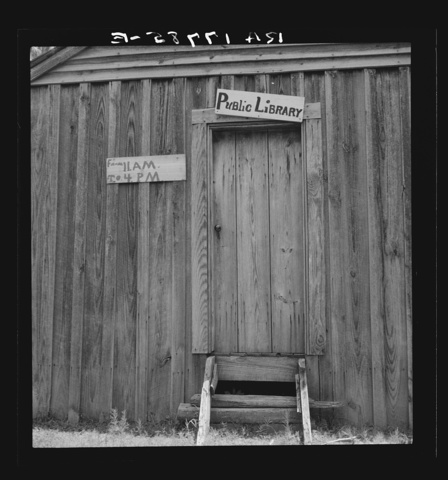
Over the past two decades, say Micah Bateman and Lindsay Mattock, recipients of a 2021 Obermann Interdisciplinary Research Grant, library and information science (LIS) graduate programs have privileged information science, data science, and computer science—at several universities even merging with computer science departments—over human- and community-centered practices central to the mission of library and archival sciences. One such practice involves the management of community memory records—everything from genealogical documents to newspaper archives to oral histories. Bateman and Mattock note that at small and rural libraries, these records often go “unmanaged and underused, and reflect only the narratives of majority or dominant populations” because the librarians working with those collections have been largely neglected by LIS training programs that privilege “big data” paradigms.
In response, Bateman, a lecturer in the School of Library and Information Science (SLIS), and Mattock, associate professor in SLIS, are developing both a curriculum that will serve the needs of current SLIS students and a nine-credit online certificate program that will train working LIS professionals in community memory practices, such as using digital tools to provide broad access to communities’ cultural heritage collections. “We view community memory archives as crucial sites for place-making and for engendering feelings of engagement and belonging,” write the scholars. “Community memory records tell important stories that should include community denizens who have been historically excluded from such archives.”
The pair is building on community-engaged work already happening on campus via the Office of Community Engagement and the Iowa Initiative for Sustainable Communities, as well as on projects that SLIS has completed in partnership with small, rural memory institutions across the state, including Washington Public Library, Marion Public Library, and Kendall Young Library (Webster City). “Rural libraries’ distance from other memory institutions often positions these libraries to be the sole inheritors and stewards of community memory records,” they note. Mattock and Bateman also plan to leverage their experiences with community-engaged projects that they’ve incorporated into their own courses.
During their Obermann residency, the pair completed an application for the Laura Bush 21st Century Librarian Program’s Forum Grant from the Institute of Museum and Library Services. If awarded, the grant would allow them to convene experts and stakeholders, solidify and increase partnerships, report findings, and ultimately test-pilot the certificate program in community-engaged archives.
Their hope is that, one day, the online program will be accessible to overworked library professionals at small, rural, and tribal libraries across the U.S. as well as meet those professionals’ needs for efficient, low-cost, and volunteer-driven memory practices. The UI School of Library and Information Science is a natural home for such a program, note Bateman and Mattock: it’s committed to community engagement, digital humanities, and public humanities, and it happens to be situated in a rural-library-rich region of the Midwest.